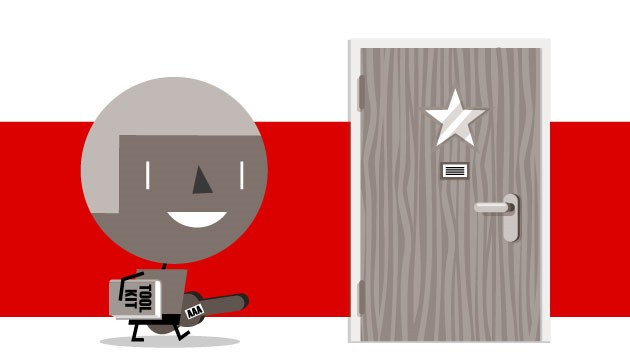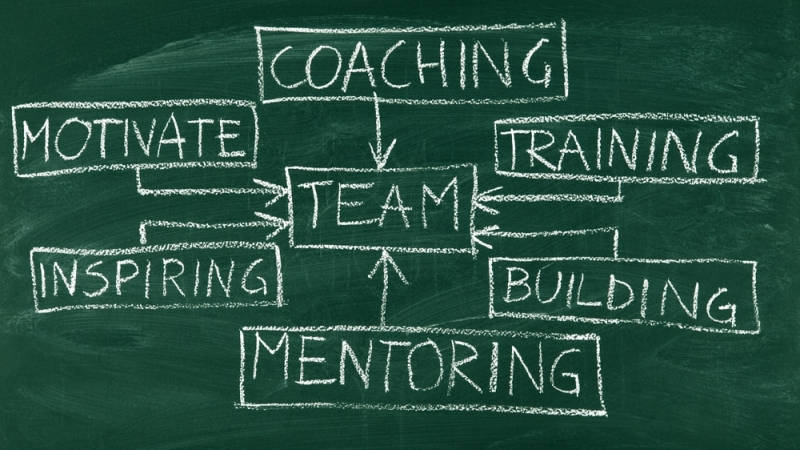*** PLEASE NOTE *** This toolkit was developed in 2013 and may be out of date. We are currently redeveloping a new series of adaptive and relevant toolkits — in the meantime, this toolkit is here for reference. Thanks for your patience, and for any questions contact us or sign up to our newsletter to hear about the new toolkits as soon as they are published.
This toolkit was designed to give composers and sound artists information and advice on how to build and sustain a career in the music industry. It was primarily aimed at emerging composers and students who are looking to start their careers, however, some sections might also be helpful to more established individuals.

What is the Composer's Toolkit
The Composer's Toolkit was written by Julia Haferkorn in July 2013. Julia has worked in the new music sector for over 15 years. Initially working at Peters Edition, she promoted the music of Cage, Kagel and Ferneyhough. In 1998, Julia founded the artist agency Haferkorn Associates. Since then she has worked with a range of new music artists, including Apartment House, Loré Lixenberg, Ian Pace, Richard Baker, and the Arditti Quartet, and has set up concerts and tours all over Britain and Europe. In 2010, she set up the production company Third Ear Music Ltd, with co-director Ed McKeon.
1. Earning a Living
As a composer, creating music is your passion. However, if you choose composing as a profession, it is also your livelihood - which means that being knowledgeable and professional about finance is vitally important. This section provides you with help and advice regarding finance and income to help you make important decisions about your career as a composer.
2. Promoting Yourself
When it comes to promotion, it’s vital to define your target group. A general ‘getting the word out there’ approach might have some effect but asking yourself who you are promoting to, and tailoring your approach to that group or individual, will get you results much more quickly.
3. Getting Your Work Performed Live – The DIY Option
To create your own performance platform, you effectively take on the role of producer, bringing together all people and elements involved in an event and being in charge of the overall budget. Producing a project can be very time and energy consuming but it can also give you a fantastic and very useful insight into how different aspects of the music industry hang together.
4. Sources of Funding
There are many different ways of funding your work, both in terms of funding project costs as well as funding your own development and practice as an artist. There is no one solution that applies to all, so it is worthwile being aware of the various grants and funding options available to you depending on your situation and aims.
5. Publishing Your Work
While publishers may still publish physical or digital scores, their main business today is to promote compositions to film and television (with a view to selling lucrative licenses for synchronisation rights, which cover music being used as a soundtrack to advertisements, TV programmes, or films) and to recording artists.
6. Protecting Yourself
As an emerging composer, you will frequently be in uncharted waters. To avoid disadvantageous conditions, always arm yourself with as much information as possible. If no contract has been offered, ask the performers or promoters how your work will be used so that you have a chance to have your say and to make the most of what is happening. If a contract is on the table, ask friends and colleagues from your network about their experiences in similar situations and research online to find out about rates and conditions.
7. Links and Resources
We have compiled a list with broad references and resources that can support composers at various stages in their career.
Your Suggestions
If you can't find something that you would like to see here, or if you have a useful link or idea to contribute, please let us know by visiting our About Us page or sending your suggestions and comments to info@soundandmusic.org. You can also get involved by tweeting us: @soundandmusic.
See also

This toolkit is a useful introduction to the differences between coaching and mentoring and how they may be useful in your artistic development

** OLD TOOLKIT **
A set of links and resources specifically aimed at young people starting on their journey to composing.

